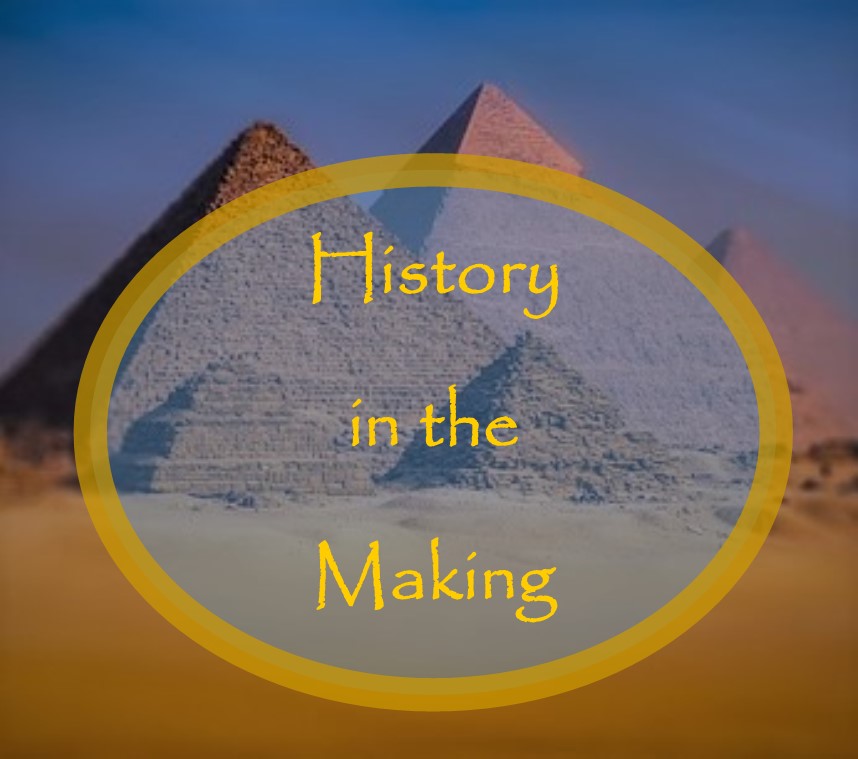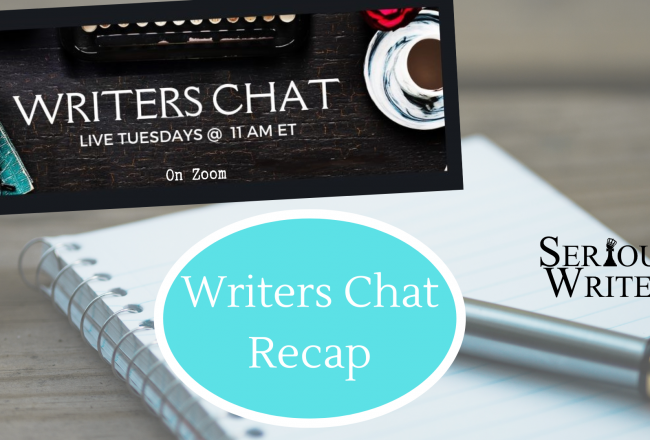
Planning a Novel Series: Interview with YA Fantasy Author V. Romas Burton
V. Romas Burton is the author of two fantasy series, Heartmaker and The Legacy Chapters. Her latest release, Justified,…
March 27, 2024
V. Romas Burton is the author of two fantasy series, Heartmaker and The Legacy Chapters. Her latest release, Justified,…
March 27, 2024
One of the most important parts of every book proposal is the sample chapter. The sample of your writing…
March 26, 2024
It’s possible to write anywhere. Famous written works were written in a range of locations — from New York…
March 20, 2024
Writers Chat, hosted by Johnnie Alexander, Brandy Brow, and Melissa Stroh is the show where we talk about all…
March 17, 2024
There’s little doubt that excessive consumption is harming communities and the environment. For one, the manufacturing processes produce vast…
March 14, 2024
The most engaging blog posts have five elements: content, a title, subheads, images, and white space. If you haven’t…
March 12, 2024
Research for 181 words? Research and back matter have never been more important. Reviewers and consumers have access to…
March 8, 2024
“Your the best!” “Let’s go over their.” “The Smith’s” Are you cringing? I am. Welcome to my world. Am…
March 6, 2024
Why are you in despair, my soul? And why are you restless within me? Wait for God, for I…
March 3, 2024
Writers Chat, hosted by Johnnie Alexander, and Brandy Brow, and Melissa Stroh is the show where we talk about…
February 29, 2024
Tabitha Caplinger is the author of The Chronicle of the Three Trilogy, The Wolf Queen and, most recently, The…
February 28, 2024As 2024 rolls away, it is still not playing out as I hoped it would. It is a different…
February 28, 2024
Every author has a challenge with their submission to an agent or editor. How can your proposal become irresistible?…
February 25, 2024
Once upon a time, when I was new to fiction writing, I brought a chapter to my weekly workshop/critique…
February 23, 2024
I attended the Blue Ridge Writer’s Conference for the fourth time last May. I did not know if I…
February 22, 2024
Otto Frederick Rohwedder (1980-1960) and Charles Perkins Strite (1978-1956)—not exactly celebrities. Though, perhaps they should be. Their combined ingenuity…
February 20, 2024
Writers Chat, hosted by Johnnie Alexander, Brandy Brow, and Melissa Stroh is the show where we talk about all…
February 15, 2024
As a writer, it’s always important to recognize your value. This isn’t just about appreciating your level of talent.…
February 14, 2024
It seemed like such a great idea. Last summer, with four Lead Magnets offered on my website’s Home page,…
February 12, 2024
Libraries buy quality books for all ages in the children’s department and hope to match the book with the…
February 8, 2024
We are coming upon the time of the year I call “conference season,” when most writers conferences are held.…
February 7, 2024
I felt a slight movement behind me. The arrow split the air and sent shivers down my spine. Sanballat,…
February 3, 2024
Writers Chat, hosted by Johnnie Alexander, and Brandy Brow, and Melissa Stroh is the show where we talk about…
January 31, 2024
Like most people, I entered the new year with high hopes and great expectations. Last year was a mixed…
January 28, 2024
My thoughts are still marinating on the past year. I’m ticking off half-done accomplishments and not-so-successful projects. This type…
January 27, 2024



